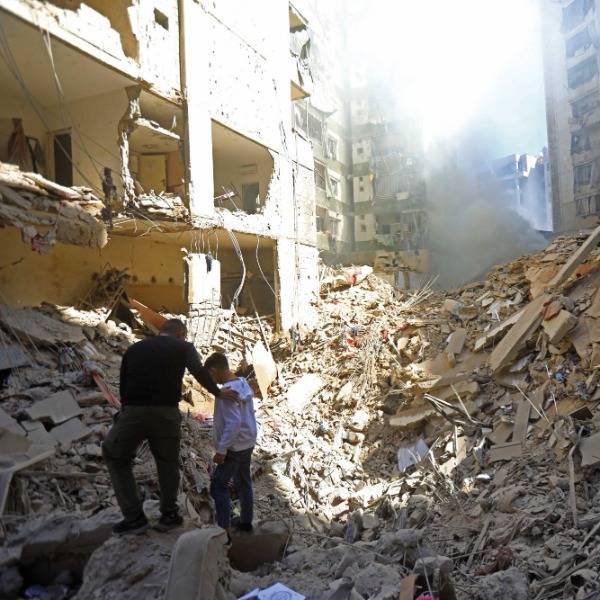This article appears in the Witness section of the Winter 2017 issue of the New Humanist. Subscribe today.
Daphne Caruana Galizia has been described as a “one woman WikiLeaks”. Her blogs often attracted more readers than the combined circulation of all the newspapers in her native Malta. Unflinchingly researching corruption, she was a thorn in the side of the government, the opposition – and the underworld. Among other things, she led Malta’s investigation into the Panama Papers leak, digging into alleged financial corruption by Prime Minister Joseph Muscat’s inner circle.
At 2.35pm on 16 October, she posted on her blog, Running Commentary: “There are crooks everywhere you look now. The situation is desperate.” After posting, she got in her car. By 3pm, an explosion had been reported to police. The blast was so powerful it had blown the car 80 metres into a nearby field. She died immediately.
It was quickly acknowledged that the murder was likely to be politically motivated. “Everyone knows Ms Caruana Galizia was a harsh critic of mine both politically and personally, but nobody can justify this barbaric act in any way,” said Muscat.
The Nationalist party leader, Adrian Delia, another subject of Caruana Galizia’s reporting, said: “A political murder took place today.” He described the killing as “aconsequence of the total collapse of the rule of law, which has been going on for the past four years”. Malta, Europe’s smallest member state, has gained a reputation as a haven for money laundering and corruption.
Caruana Galizia was well aware of the dangers that she faced. She had reported death threats a fortnight before the fatal car bombing, and her sons told newspapers that these threats were an almost daily occurrence. As long ago as 2006, her house was the target of an arson attack. When she died, she was facing more than 40 libel suits. Her list of enemies is not short. She had turned her ire on politicians, banks aiding money laundering and tax evasion, and online gaming firms infiltrated by mafia and drug smugglers. (Initial reports suggested that organised crime networks might be responsible for her death.)
Although the authorities have promised to leave “no stone unturned” in the search for her killers, recent precedent is not encouraging. There have been six car bombs in Malta over the last two years, and no prosecutions.
Caruana Galizia was a rare voice speaking out about corruption in Malta. Her murder was both an attack on freedom of speech and the symptom of a troubled political system.
In an editorial, her former employer, the Malta Independent, wrote of the gaping chasm left by her death: “For many people, looking up her blog was the first thing they did each day, and the last thing too. Now there is just emptiness. A silence that speaks volumes.”

